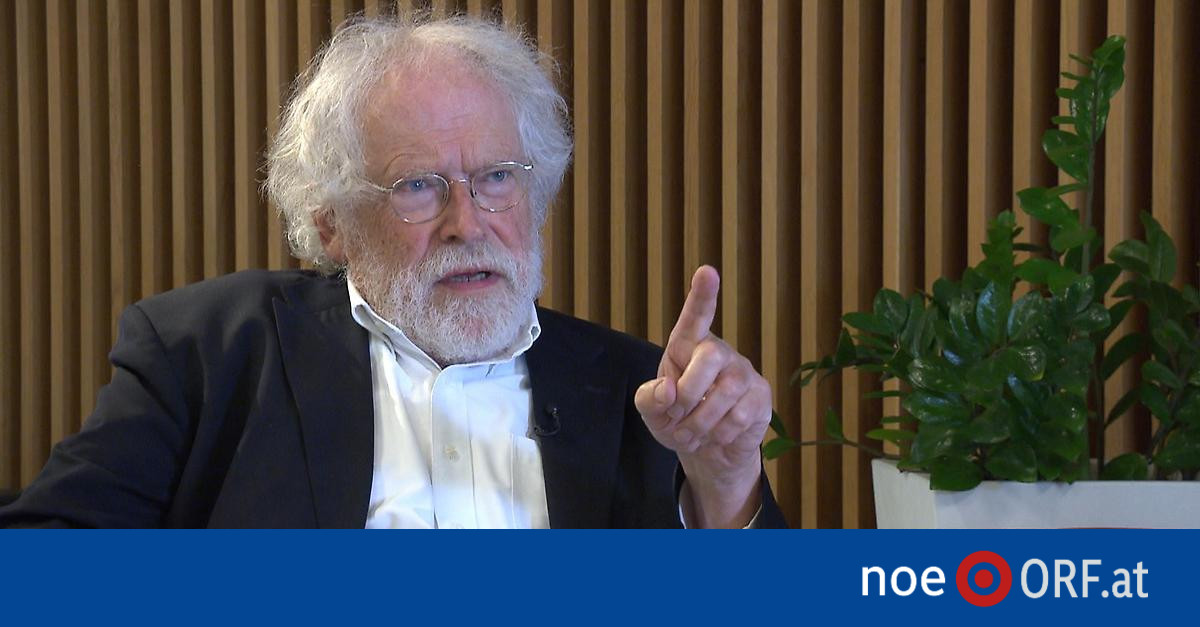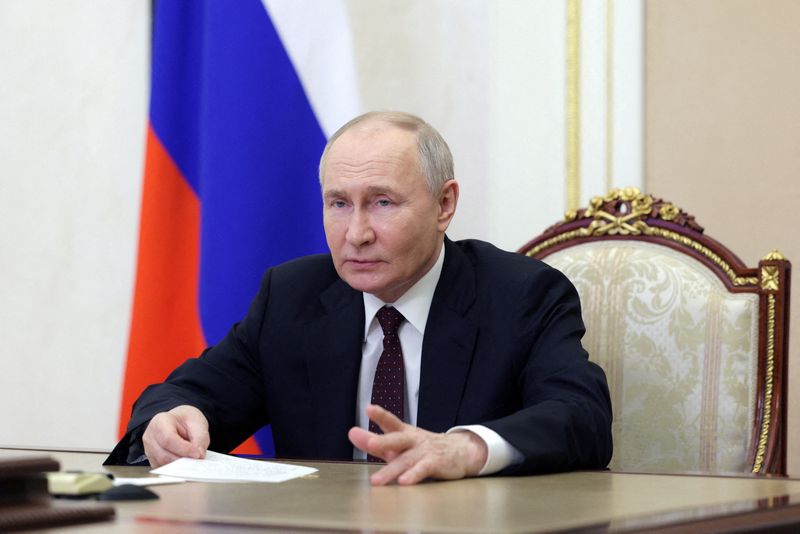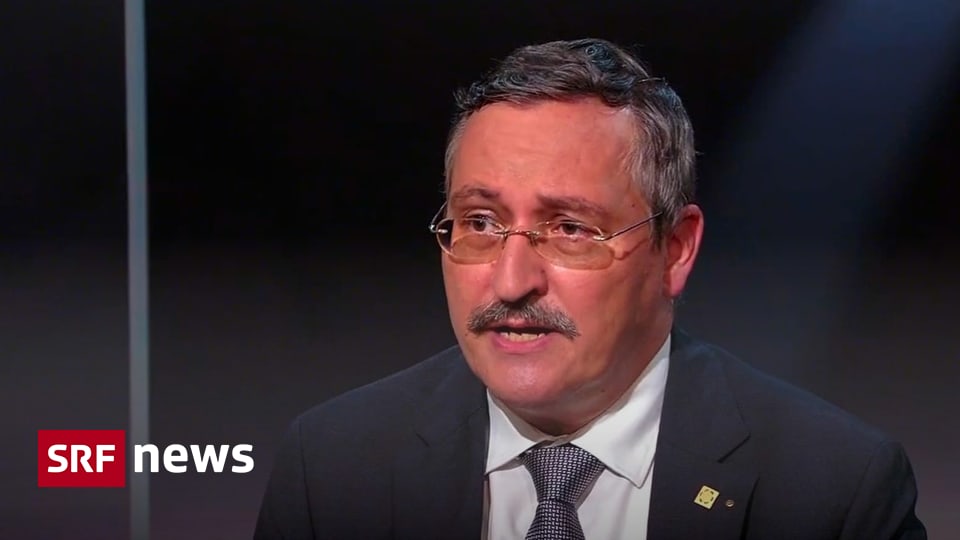The Scientific Task Force has been accompanying and advising the Federal Council since the beginning of the pandemic. With more or less background noise. The State Council now wants to create a permanent scientific body for major crises in the future (such as epidemics, earthquakes, climate change, cyberattacks, or blackouts).
The man coordinating this project is Michael Hengartner, Chairman of the ETH Board and founder of the Science Task Force. In the interview, the scientist also criticizes himself.
SRF News: Today the Council of States discussed whether to create a permanent scientific body to address future risks. What do you think?
Michael Hengartner: It’s important that when an event does happen we can get the right people together as quickly as possible to analyze and make recommendations.
This move is also a reaction to the course of the epidemic so far. You are the founder of the scientific working group. At first there was a lot of sand in the gears.
The staff was actually created first to meet our specific needs – how do we support students, and what can we do for university hospitals? However, we soon realized that this knowledge can also be very important for policy decision makers and finally policy approaches.
The speed of the exchange and the quality of knowledge worked very well. Communication was difficult at first. “Two worlds collided,” Chancellor Thornhair said this morning very gently.
The Federal Council listened to the flag.
Who did not always get along.
They just tick differently. You had to get to know each other first, you had to build trust. It took time, and in times of crisis you don’t have that time.
One could also say: Why do we need a scientific body if the Federal Council does not listen to it and do what it wants?
The Federal Council listened to the flag. But the Federal Council also has to take other elements into account when making a decision. The mood of the population plays an important role, and there are other political considerations. That’s why you have to understand if the Federal Council has not always done what science has recommended.
If we think our point of view is our correct view, then we should enter into politics, not science.
In an interview with “NZZ am Sonntag” last summer she criticized your union: “In this regard, I sometimes notice some arrogance in science. Scientific facts are important but it is not the only thing that matters.”
Scientific knowledge is always limited. For example, we are building models for how the epidemic will develop further. Models are similar to weather models, except that they are more difficult. Sometimes the weather on the weekends isn’t as promised.
Models are tough, you always learn something new. It is important not to believe that we have attached the truth. If we think our point of view is our correct view, then we should enter into politics, not science.
Together with the ETH Board, you are in the process of considering a permanent body. How could this look?
We need to know first whether it should be a scientific body or a decision-making body. The exchange between Swiss universities, the ETH domain, the national fund and the authorities should work well. It would make sense to have discussions with institutions. What does it take for a university president to turn back to the experts very quickly and say: you have to leave everything behind and defend Switzerland?
If we compare the cooperation between science and politics in Switzerland with other countries: how would you rate it?
I am very satisfied with the work of the Federal Council. I think science is very important. We can feel that from the population, too. We should be happy and grateful for this understanding and appreciation.
The interview was conducted by Urs Leuthard.

“Alcohol buff. Troublemaker. Introvert. Student. Social media lover. Web ninja. Bacon fan. Reader.”







More Stories
Zelinger defends cooperation with China
Science – a research initiative that brings millions to the University of Mainz – Education
Do you want to work at NASA? These are the 43 citizen science projects that want to do real science